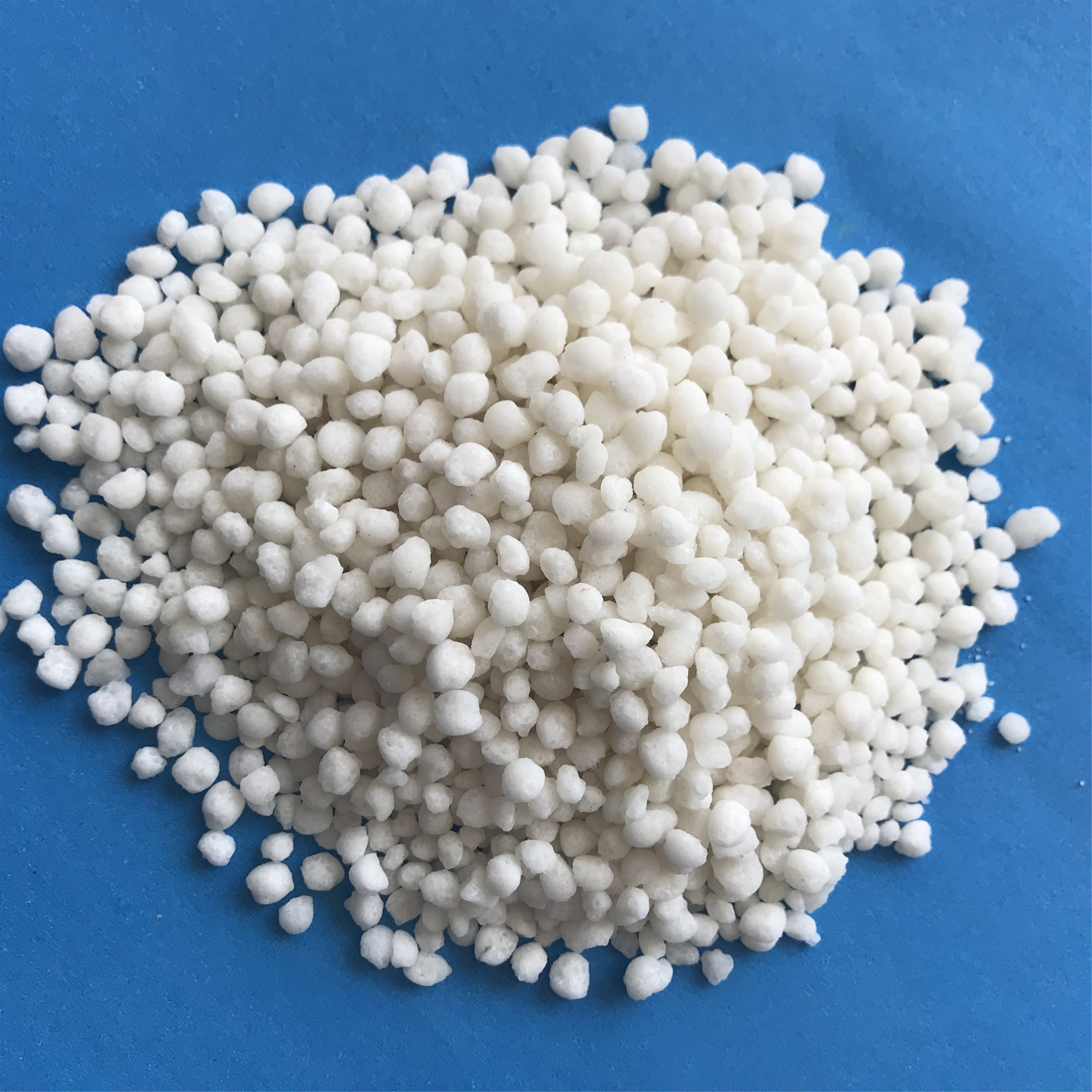



Sodium Hydroxide Pellets - Properties, Uses, and Safety Information
Sodium hydroxide, commonly referred to as lye or caustic soda, is a highly versatile and widely used chemical compound with numerous applications across various industries. Its chemical formula is NaOH, and it typically appears in the form of white, solid pellets or flakes. Among its many functions, sodium hydroxide serves crucial roles in manufacturing, cleaning, and as a key component in chemical reactions.
One of the primary uses of sodium hydroxide pellets is in the manufacturing of various products. This alkali is fundamental in the production of paper, textiles, and detergents. In the paper industry, for instance, sodium hydroxide acts as a pulp digester, breaking down the lignin in wood chips to release cellulose fibers. This process is essential for producing high-quality paper products. Similarly, in textiles, NaOH is employed to treat cotton and other fibers, making them more absorbent and enhancing their dyeing properties.
Another significant function of sodium hydroxide pellets is their application in cleaning and sanitation. Due to its strong alkaline nature, it effectively breaks down organic materials and grease, making it a powerful agent for cleaning surfaces in both industrial and domestic settings. From unclogging drains to cleaning kitchen surfaces, sodium hydroxide can dissolve fats, proteins, and other stubborn residues that accumulate over time. However, it is important to handle it with care, as its caustic properties can also pose safety risks if not managed properly.
function of sodium hydroxide pellets

In the chemical industry, sodium hydroxide serves as a crucial reactant in various chemical processes. It is widely used in the production of biodiesel, sodium hypochlorite (an essential bleach), and various pharmaceuticals. Its ability to neutralize acids makes it invaluable in pH regulation, ensuring that chemical reactions proceed efficiently and safely. Furthermore, sodium hydroxide is often used in the process of saponification, wherein it reacts with fats and oils to produce soap.
The versatility of sodium hydroxide pellets is complemented by their ease of storage and transportation. They are stable under normal conditions and can be conveniently packaged in various forms, making them accessible for diverse applications. However, it’s imperative for users to adhere to proper safety protocols, as exposure to sodium hydroxide can result in severe burns and other harmful effects.
In conclusion, sodium hydroxide pellets play an indispensable role in numerous industries, from manufacturing to cleaning and chemical processing. Their effectiveness in breaking down organic matter, facilitating chemical reactions, and producing various products underscores their importance in contemporary society. As industries continue to evolve, the demand for sodium hydroxide and its applications is likely to grow, highlighting the need for safe and responsible usage of this powerful chemical compound.
-
High-Purity Strontium Chloride (SrCl2) for Lab & IndustryNewsAug.31,2025
-
Anhydrous Formic Acid 80% 85% 94% - High Purity SolutionsNewsAug.30,2025
-
Accurate Fire Assay Flux for Gold & Silver Ore AnalysisNewsAug.29,2025
-
Advanced Paint Chem Solutions: Quality Chemicals for CoatingsNewsAug.28,2025
-
Potassium Nitrate: The Ultimate Fertilizer for Agriculture and GardeningNewsAug.25,2025
-
Potasium Persulphate: A Versatile Chemical for Industrial ApplicationsNewsAug.25,2025
-
Industrial Applications of Sodium HydroxideNewsAug.25,2025










